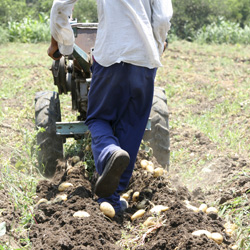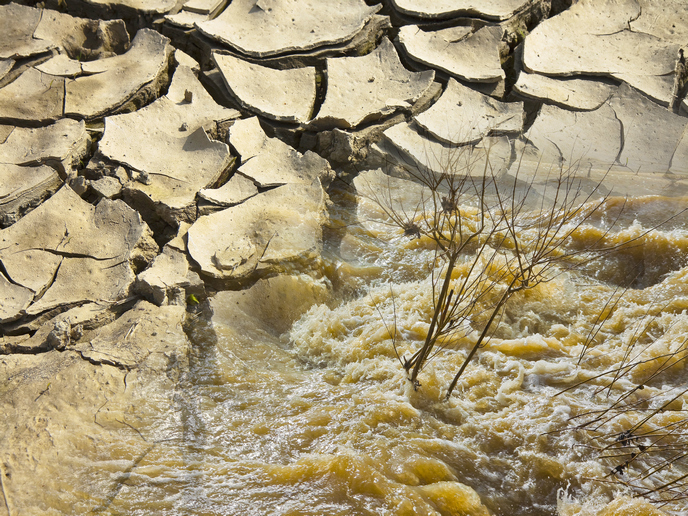Farming for social good
'Social farming' is the term used to describe practices that promote the rehabilitation and care of disadvantaged people and/or help the integration of individuals with 'low contractual capacity'. The latter group includes emigrants, convicts, drug addicts and those with psychophysical disabilities. Despite its beneficial nature both for farmers and those farming alongside them, Europe has yet to agree on a general definition of social farming. Complicating matters in this regard are the diverse approaches to agriculture and social and/or health care, as well as how these may be combined for social good. Add local traditions and culture to the equation and it's easy to understand why a joint European view on social farming needs to be further developed for the sector's potential to be realised. The 'Social services in multifunctional farms - social farming' (SOFAR) projectthus aimed to support the establishment of a new institutional environment for social farming. Project partners developed a participatory 'platform' process tailored to participating countries, plus a joint platform in Brussels, Belgium. As such, SOFAR intended to lay the foundation for development of a political European action agenda that takes into account national interests and stakeholder insights. The consortium held a number of meetings to establish close working relationships for cooperation in this action and coordinating activities. Two individual detailed case study descriptions were produced for each country to highlight the nature, extent and diversity of experiences across the continent. The information was then integrated with more widely available information on social farming. The project boasted a pioneering nature in this regard, given that there was little or no previous relevant research available for some of the participating countries. SOFAR partners developed an inventory of all actors, organisations and institutions relative to social farming. Efforts in this area resulted in a valuable additional resource for relevant stakeholders and constituted an important lead-up to the project's establishment of individual platforms. Platform meetings offered opportunities for exchange and debate and led to the development of a European innovation strategy. The latter was targeted at reforming the 'second pillar' (rural development) of the EU's Common Agricultural Policy (CAP). various information and communication activities were undertaken, including the launch of a website, distribution of newsletters and press materials, and production of audiovisual documentation. Two points of interest in this area were the launch of a special action based on participatory photo work and the production of a video documentary. The latter offers greater insights into the diverse social farming realities across Europe and seeks to promote a deeper understanding among citizens as well as policymakers. SOFAR efforts and outcomes have the potential to broaden the scope of farming activities, enhance the opportunities for health institutions to include alternative practices of well-being, and revitalise the image of agriculture in society.







